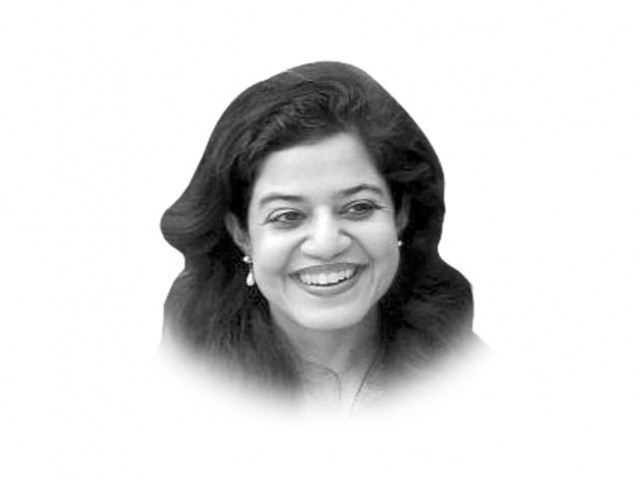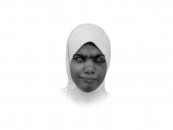The Christians in our midst
The greater tragedy is that we carry out our inhuman crimes in the name of Islam.

A part of me whispered that I was overreacting. After all, Pakistanis are killed almost daily, at times by American drones and, at others, by the brutalities of their own countrymen. What, then, was so different about Bhatti’s death that I mourned so deeply? Clearly, it was not personal association: I had never met the man and was not particularly acquainted with his views. It was rather the fact that a Christian had been killed at the hands of Muslims, ostensibly to safeguard the dignity of Islam, that raised questions in my mind, not only of the place of Pakistani Christians in our society, but also about our own claim to being Muslims.
My earliest memory of Pakistani Christians dates back to when I entered St. Joseph’s Convent in Karachi as a mere five-year-old. For the next 11 years I remember being coaxed, cajoled and urged to discover and achieve my highest potential, not just academically but as a human being. After my parents, it was the nuns and many Christian teachers at St Joseph’s who shaped and honed my mind, personality and character and gave me many of the values that I live by even today. It was through them that I received my earliest lessons in discipline, kindness and tolerance and it was through their example that I first learnt to forge bonds on the basis of a shared humanity, above and beyond the boundaries of religion.
My experience and memories are not unique. Innumerable Pakistani men and women have received, and continue to receive, their formative learning at the hands of dedicated Christians selflessly serving the cause of education throughout Pakistan, even in its remotest parts. Pakistani Muslims appear, however, to have chosen not to return the favour. At best we have remained indifferent to their condition and have tacitly accepted the social divide that has relegated Pakistani Christians and indeed, all other minorities, to the sidelines of Pakistan’s economic and cultural life. At other times, however, we have not even been quite so tolerant and have attacked and burnt their churches and places of worship, condemned them for blasphemy and, it seems, now we plan to kill them in cold blood.
The greater tragedy is that we carry out our inhuman crimes in the name of Islam, not realising that it is our limited understanding that forces us to focus on protecting Islam from imaginary slights rather than propagating its message of compassion, tolerance and humanity. Bhatti’s death is an open wound in the fabric of Pakistani society and the pain we feel in its wake would only increase unless the wound is attended to with many acts of genuine gratitude for the great debt that we, as Pakistanis, owe to our Christian, Parsi and Hindu communities for enriching our lives and our society. The ultimate cure for our anguish, however, only lies in our own realisation that, as Muslims, we are expected first and foremost to be good humans — everything else is secondary.
Published in The Express Tribune, March 7th, 2011.
















COMMENTS
Comments are moderated and generally will be posted if they are on-topic and not abusive.
For more information, please see our Comments FAQ